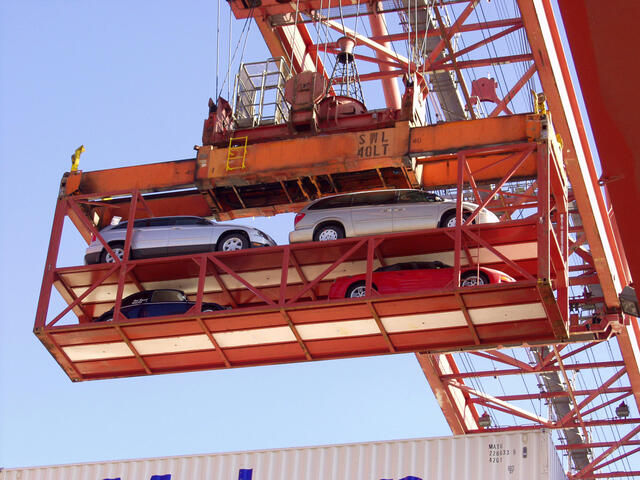The federal cabinet approved Pakistan’s first law aimed at ensuring minimum safety standards for both locally assembled and imported vehicles, with penalties including up to three years in prison and fines as high as Rs10 million for violators, The Express Tribune reported.
The Motor Vehicles Industry Development Act was approved after being cleared by the Cabinet Committee on Legislative Cases (CCLC) and ratified by the cabinet on Wednesday.
This legislation introduces binding safety, quality, performance, and environmental standards for all vehicles manufactured or imported into Pakistan, marking the country’s first step in enforcing safety regulations.
Currently, Pakistan complies with only 17 out of 163 United Nations Economic Commission for Europe (UNECE) standards. The law applies to all vehicles, excluding those made or adapted for military use.
The new law, which addresses consumer concerns over the poor quality of locally assembled cars, mandates that vehicle assemblers and commercial importers meet specified safety standards. Violators could face jail terms ranging from six months to three years, along with fines between Rs. 500,000 and Rs. 10 million.
The bill will soon be reviewed by parliamentary standing committees before being presented for voting in both houses of Parliament. Once enacted, no vehicle can be sold without meeting the new requirements. Manufacturers, importers, or sellers failing to comply could face up to a year in jail or fines of at least Rs. 500,000.
The legislation also specifies actions for manufacturers in cases of defective vehicles. Failure to issue a recall for such vehicles or parts could result in up to two years in jail or a fine of at least Rs. 5 million. If corrective actions are not taken, the penalties increase to three years in prison or a Rs. 10 million fine.
The new law also sets conditions for importing vehicles. Only registered companies with vehicle import as their main business, meeting minimum capital requirements, will be allowed to import vehicles or components. Imports under the baggage and gift schemes will be exempt.
The government aims to fully open imports of vehicles next year, provided the new safety and environmental standards are in place. Manufacturers and importers will be given a one-year grace period to comply with these requirements.
Electric vehicles will also be subject to specific safety regulations, requiring clear labeling on battery type, performance, durability, and recycling instructions. The bill mandates that all vehicles and parts come with a certificate of conformity before being sold.
Failure to recall vehicles posing significant safety risks will lead to heavy penalties, including fines and imprisonment. The Engineering Development Board (EDB) is authorized to order recalls if manufacturers or importers fail to act.




